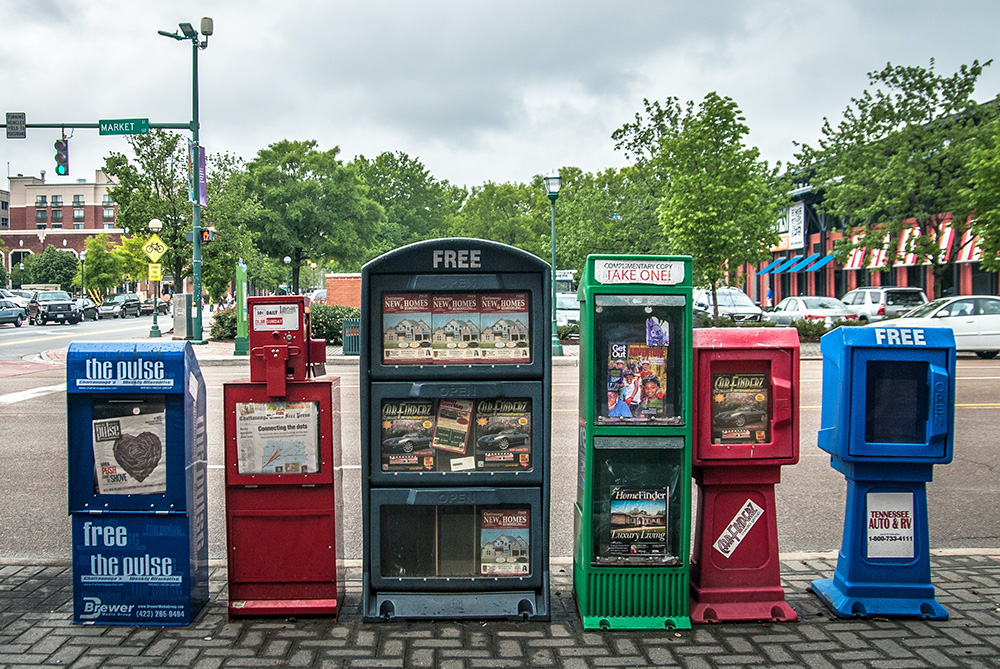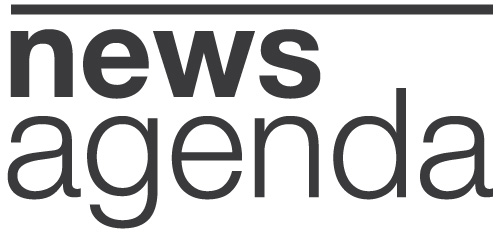Arriving in Washington D.C. for the first time, there were a lot of things very different from back home. Not least, the size of supermarket chicken breasts – they’re enormous – and they look like balloons half-filled with soup.
But shapeless poultry aside, I wanted to know the differences between the media young people in Ireland consumed vs their American peers.
I sat down with a few of my new American friends over a beer to discuss, and what struck me was how eagerly they were adopting new forms of media.
“I have a very short attention span,” laughs Isabel Garcia, 22-year-old mass communication student from Texas, “and even though I have a good vocabulary, the way things are written sometimes is super hard to understand and I have to read it so many times, so that’s why I really like getting my news from TikTok.”
To me and a few of my Irish friends, looking at TikTok for news is a bit like asking a toddler for restaurant recommendations, but Garcia says it’s a space Gen Z feels comfortable to participate in political and civil discourse.
Sydney Carruth, a journalism student from Arizona, also 22, agrees. “I definitely do get news from TikTok. I do. And I’m not ashamed of it because TikTok is a great news source.”
“What I think is really cool is you can follow individual Senators or Representatives on TikTok, and they will post little recaps,” says Carruth. “Nowhere else can you get it straight from the source like that.”
“There are also grassroots journalists on TikTok and they’ll be like ‘I’m, super involved in this community and here’s what happened in this community.’ It’s a good way to keep up and it’s similar to Twitter in that way.”
Twitter too, got a lot of love from our American friends. “It’s a super great resource for news but I don’t like Elon Musk. Since he fucked with Twitter it’s really been a bummer,” says Carruth, grimacing.
But she admits it’s the first place that news appears, so it’s very important if you want to stay up to date on unfolding events.
Not everyone was a convert though. Erin Murphy, my Irish friend (and roommate) said she can’t stand Twitter. “It’s just people shouting into the void.”
One thing that united the group was their collective reminiscing about the gorgeous glossy pages of J-14 (for the uninitiated, J-14 is a teen showbiz magazine – think: Baby’s first Daily Mail.) It was like hearing an old woman mourning her dear Fido who passed last year after gulping a box of Roses.
“I used to have this little ritual of like, getting my J-14, having a bath, having a Diet Coke every weekend,” said Murphy, wistfully. “I think I actually have never loved any type of media as much as I enjoyed that. It was an experience.”
“I was obsessed with J-14. They gave out posters and I fully had a One Direction poster on my ceiling, so it was the last thing I saw before sleeping at night,” confessed Garcia.
But print media is nothing more than the butt of a joke now with young people, like it is back home. When I ask Carruth whether she buys newspapers, her jaw drops. “God no. No one does. And if they say they do they’re lying.
“Some boomers do, which is why print is still alive, but anything you get from a newspaper you could get online.”
Garcia sees it as an environmental issue too. “Why would we pay for a paper and waste that paper when we can consume our media online?” she asked, adding “when stories break, people want to know things right away, not the next morning.”
They seem quite opposed to big media, particularly Fox News and CNN. “There should never be a right-wing or left-wing media outlet,” says Carruth. They all have a political slant, she says, but her generation are good at sniffing that out. “A lot of people, especially young people, are better than we think… they know the biases.”
My friends and I in Ireland would have no issue watching or reading the larger outlets, but here, it’s a partisan playing field of corporate interests, according to Carruth. “If you want to know the truth, follow the money,” she said, flagging NPR as a down-the-middle option that is transparently funded.
Garcia is also a fan, saying there are so many options that at this stage, ignorance is no longer a valid excuse. “We’re living in a world where if you’re not informed, that’s kind of on you, because there’s so much out there.”
There is so much out there, but I think if anything is to be taken away from my American experience, it is to listen to young people. What they demand is what the future will hold. So, Irish media, don’t be caught flat-footed when media consumption habits are shifting so rapidly. Seize the moment and dip your pasty Irish toes in the TikTok pool. The future beckons.











